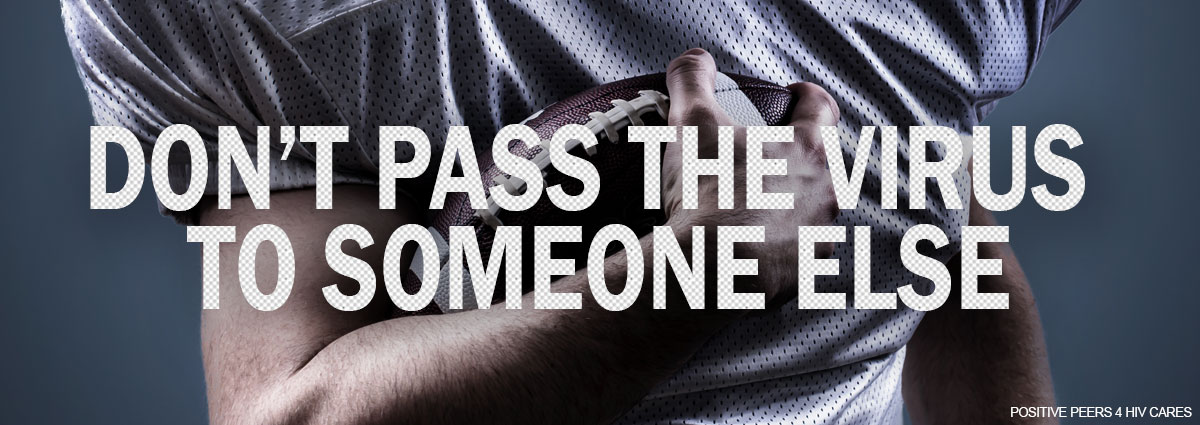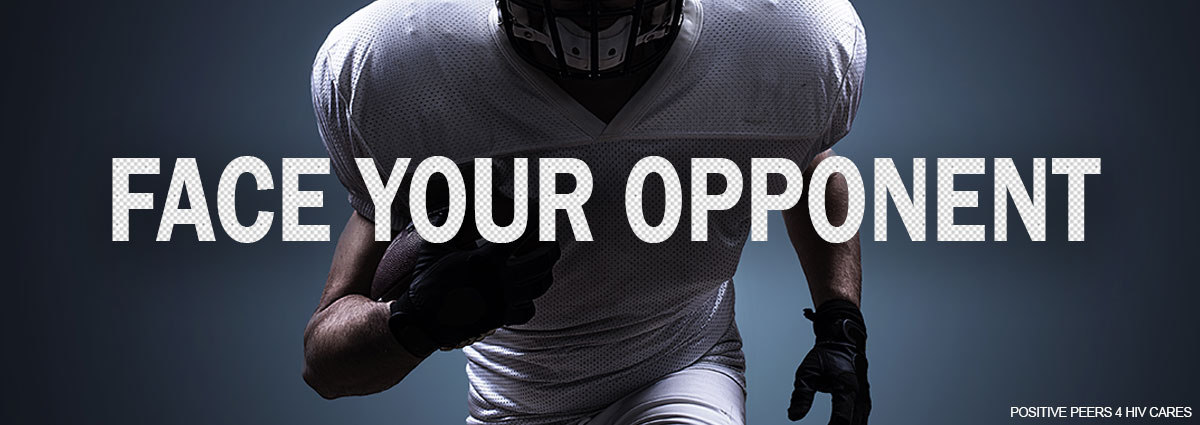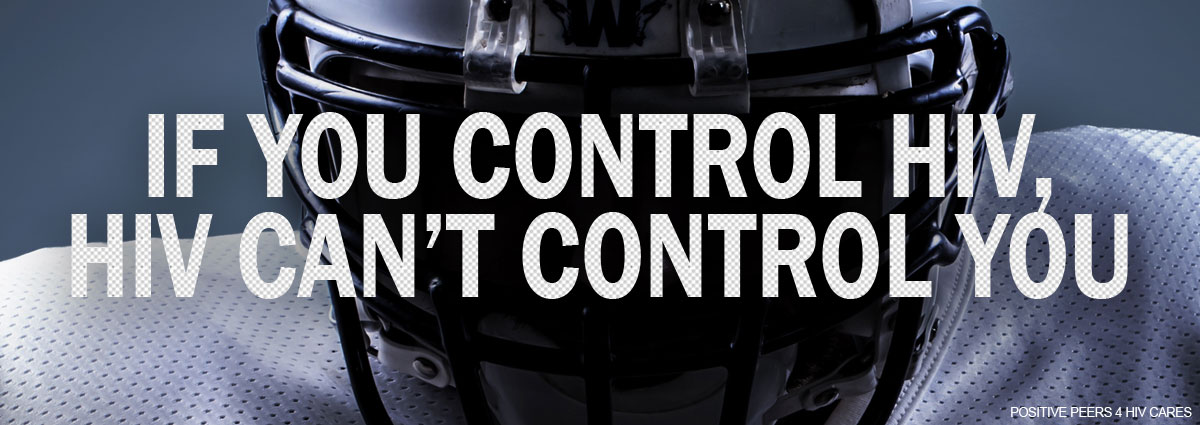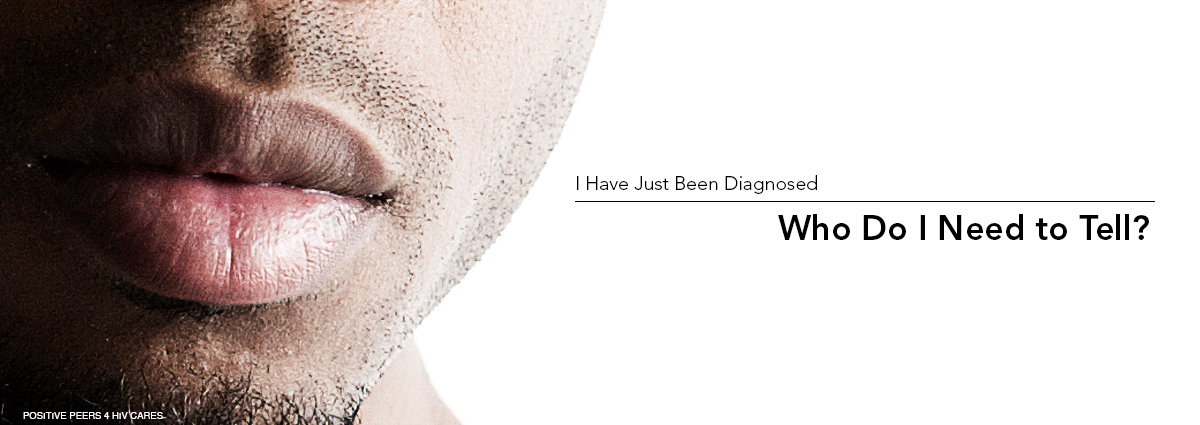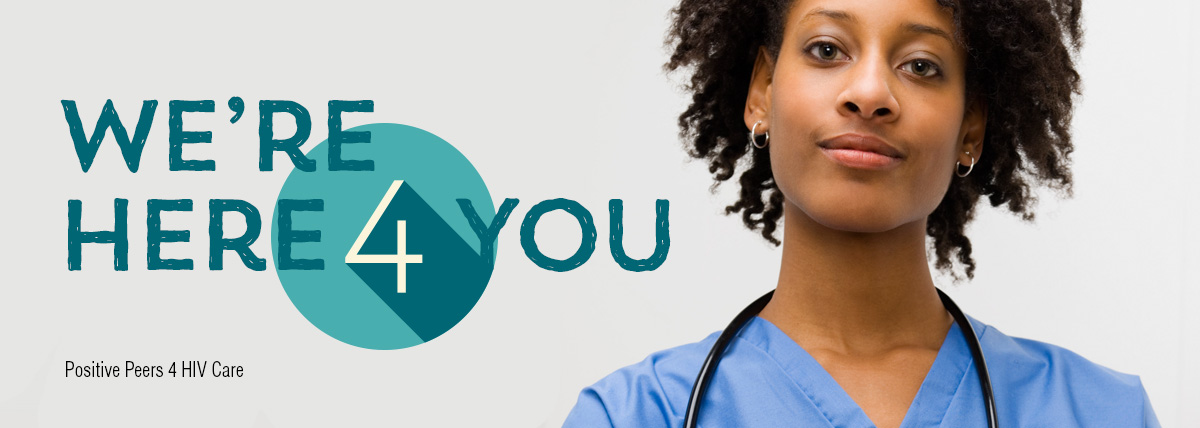Doctors usually want you to start HIV treatment ASAP after you’ve tested positive for HIV.
But sometimes it can be tempting to put off treatment. Treatment means doctor’s visits, taking your meds every day, getting labs done.
It can sound like a lot of trouble, but that’s mostly because you haven’t done it yet. Starting treatment means you just make some new habits. Once you decide to commit to new, healthy habits, they can quickly become a regular part of your life.
By: Ann Avery, MD, Infectious Disease Physician at MetroHealth Medical Center
Consequences of delaying treatment
Anything you hear about HIV tends to be scary at first. In the old days, before HIV medicines became so effective, an HIV-positive diagnosis was life-changing in a different way than it is now.
But now, we’ve learned so much about HIV and have many great meds to treat it. The key is, taking those meds!
When it comes to deciding when to start treatment, here are a few things to chew on:
- Every day you avoid treatment, HIV is damaging your immune system’s ability to fight off infections. The experts at Center for Disease Control (CDC), National Institutes of Health (NIH), Health and Human Services, Health Resources and Services Administration (HHS, HRSA) and International Association of Providers of AIDS Care (IAPAC) all recommend starting treatment as soon as you find out you have HIV.
- The longer you wait, the more HIV replicates — and the weaker you and your defenses get.
- When you’re untreated, you’re much more likely to pass the virus on to somebody else. HIV treatment not only keeps you healthy, it protects your partner too. Double benefits, baby!
- Until you get into treatment, your diagnosis might stress you out. Life can be stressful enough on its own—you don’t need more. Starting treatment is a way of taking control of your health and wellness!
Why it’s better to get into treatment soon
HIV hijacks your CD4 (or t-cells) and uses them to replicate (make copies). CD4 cells are like the quarterbacks of your immune system, so it’s not so good when your quarterback starts playing for the other team! The more virus you have in your blood, the more CD4 cells get hijacked, making it even harder to defend against HIV and other infections.
Come join our private, stigma-free, supportive community.
Health management tools with medication & appointment reminders.
Social networking in a community conversation & private chats.
HIV meds block the virus from hijacking your CD4 cells. They are the like the perfect linemen that every quarterback wishes they had! HIV meds can’t cure HIV, but as long as they protect the majority of your CD4 cells, they keep your immune system strong and healthy, suppress the virus, help you live a long, healthy life, and even protect your partner.
Tests on our CD4 count and viral load tell doctors how healthy you are. You want a high CD4 count and a low viral load. Medicine & healthy lifestyle choices are the only way to get there.
Making the transition to treatment
Your CD4 count and viral load will tell your doctor how far your HIV infection has progressed. Your doctor can also check for signs of an advanced HIV infection (AIDS).
The more serious your infection, the sooner you need to get into treatment because you might need extra medicines to protect you from getting Opportunistic Infections. It’s up to you and your doctor to make the best treatment plan for you, but even if you are newly infected, experts know it’s better for your long-term health to start treatment right away.
You may have heard someone who is HIV positive saying, “I have HIV, but HIV doesn’t have me.” That’s the final benefit of treatment: If you control HIV, HIV can’t control you.
Related Blogs:
